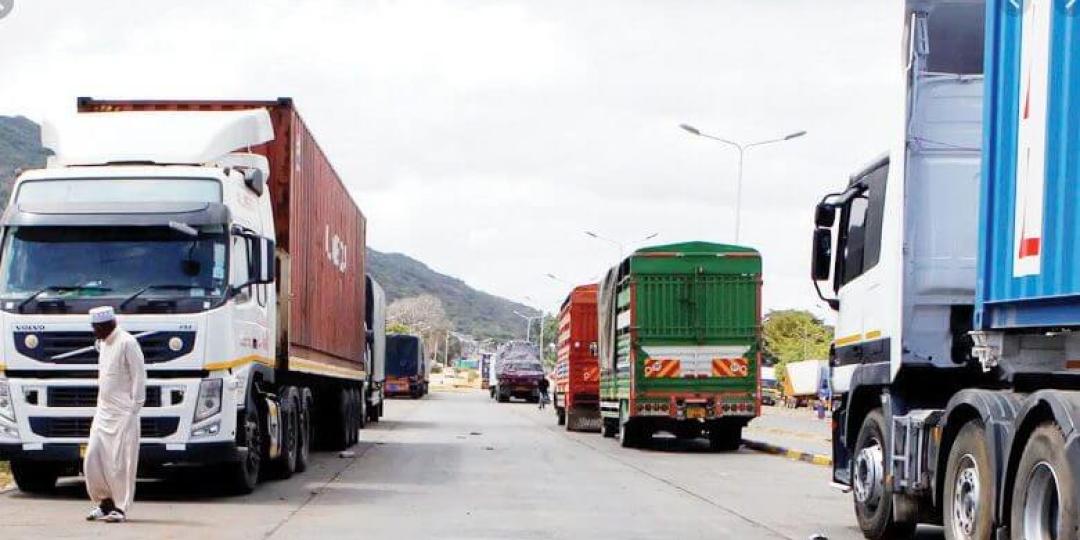According to the World Bank, while logistics and transport costs are high in many countries, Malawi’s high transport costs put the landlocked sub-Saharan country at a competitive disadvantage.
Malawi is globally recognised as one of the largest landlocked developing countries, which depends on its neighbours to gain access to international trade markets.
The World Bank’s latest report, Harnessing Natural Resources for Economic Transformation, notes that the cost of transportation and logistics in sub-Saharan African countries is high when compared to other developing countries. According to the institution, this hinders integrational trade and economic transformation.
Drawing a comparison between trade costs in Mozambique and Malawi, the Bank found that shipping a container from China to Beira, Mozambique, would cost about $3 000 less than transporting the same container from Beira to Malawi. The distance from a port in China to the Port of Beira ranges between about 8 200km and 10 000km versus the distance from Beira to Malawi which amounts to 500km. The comparison, despite varying modes of transport, clearly shows a disparity between transport prices despite the distances travelled.
“A range of factors, including poorly developed and undermaintained physical infrastructure, lack of regional and international transport connectivity, inefficient logistics services, and poor access to shipping services makes the country uncompetitive,” said the report.
In order to reduce trade tariffs the World Bank recommends the improvement of infrastructure and connectivity, and encourages more commercial and economic activity.
“Landlocked sub-Saharan African countries need to put digital technology at the forefront of policy objectives and adapt to rules of origin. These measures can help ease trade-related logjams and enhance their participation in trade,” reads the report.
The CEO of the Malawi Confederation of Chambers of Commerce and Industry (MCCCI), Chancellor Kaferapanjira, admitted in earlier interviews that the cost of transport had created challenges for those doing business in Malawi, and an improvement in the efficiency of transport would directly affect the competitiveness of businesses.
Furthermore, Malawian Minister of Transport and Public Works, Jacob Hara, said that the government planned to renew the country’s railway infrastructure to reduce costs.
“We believe that this will have a ripple effect on product prices which will be reduced.
“Additionally, plans are under way to introduce railway transport in the northern region to connect with Tanzania,” said Hara.













